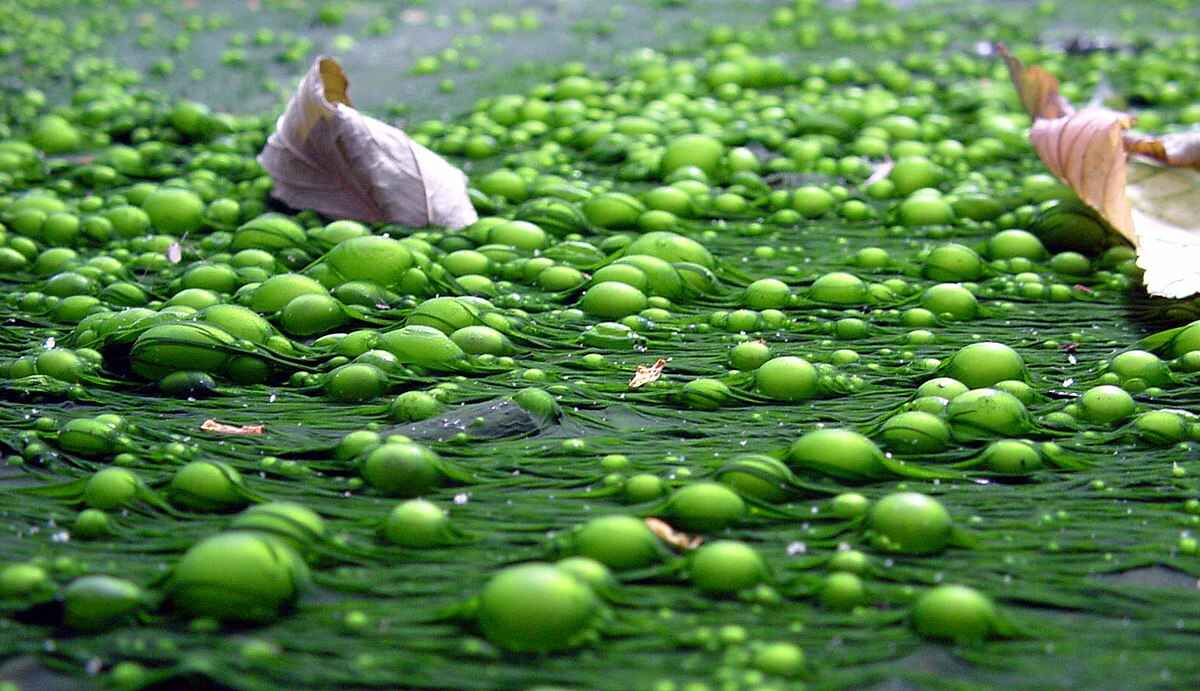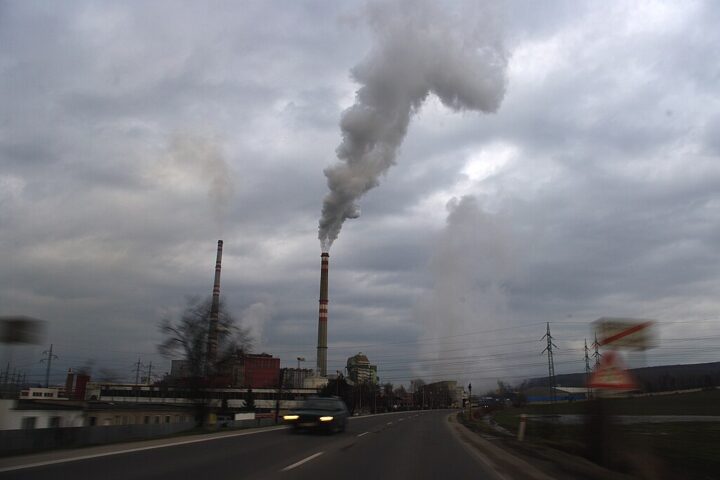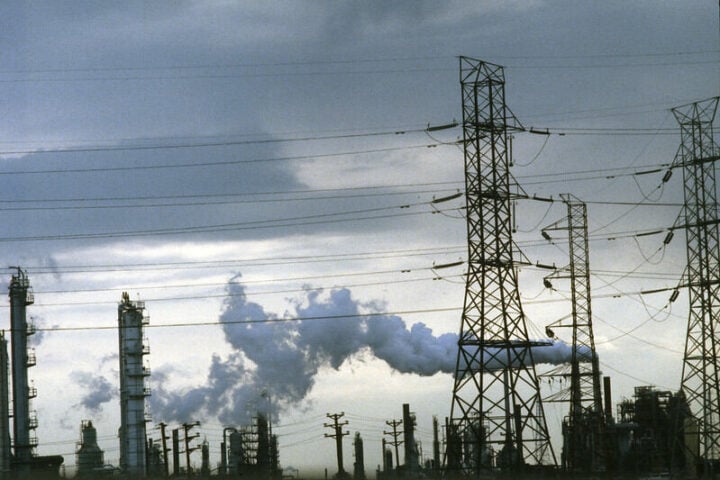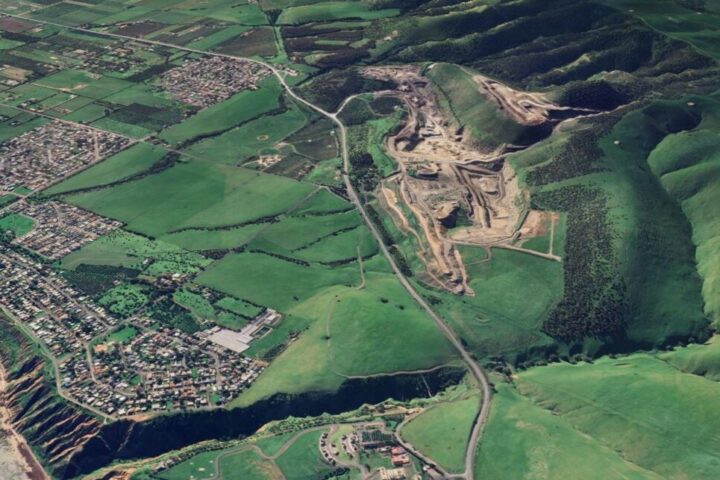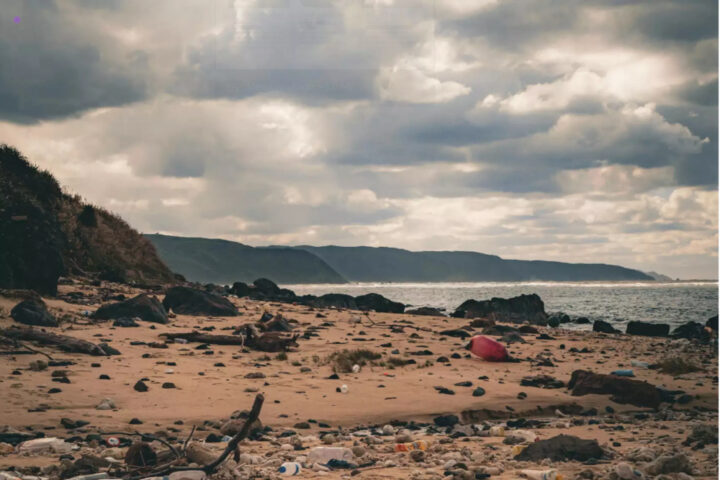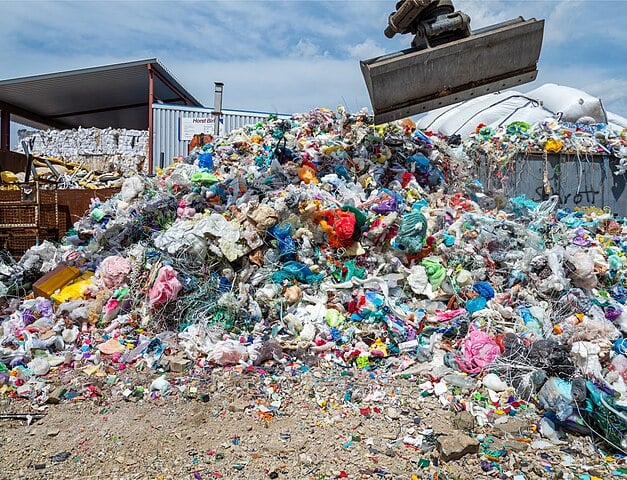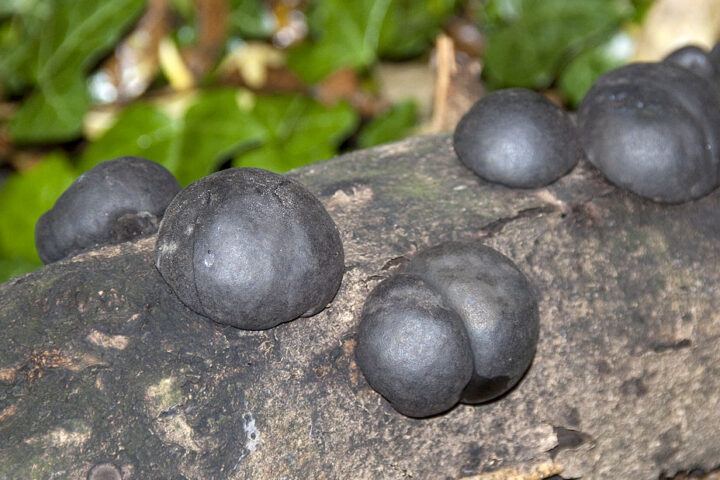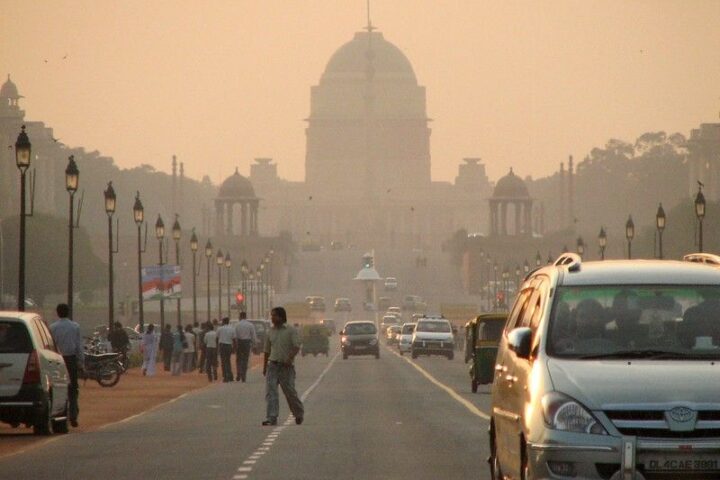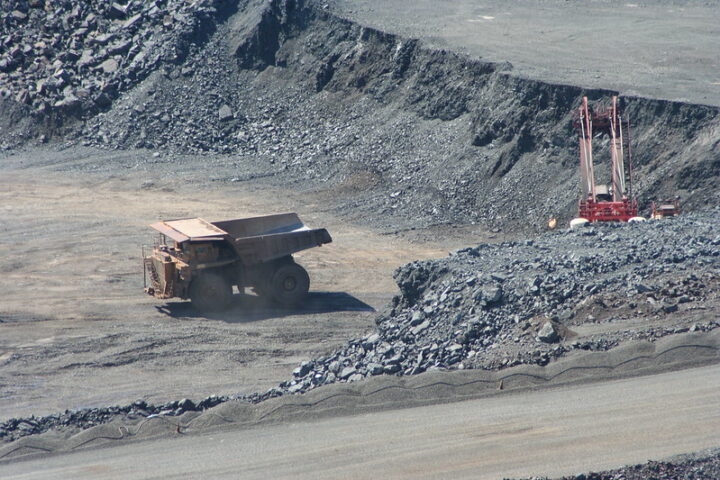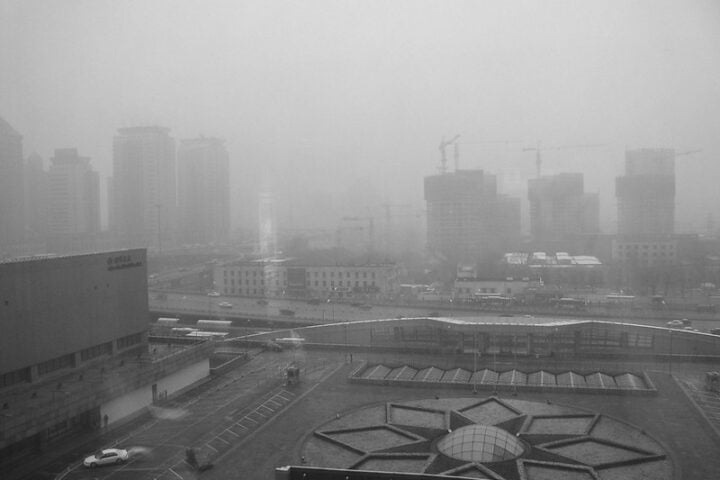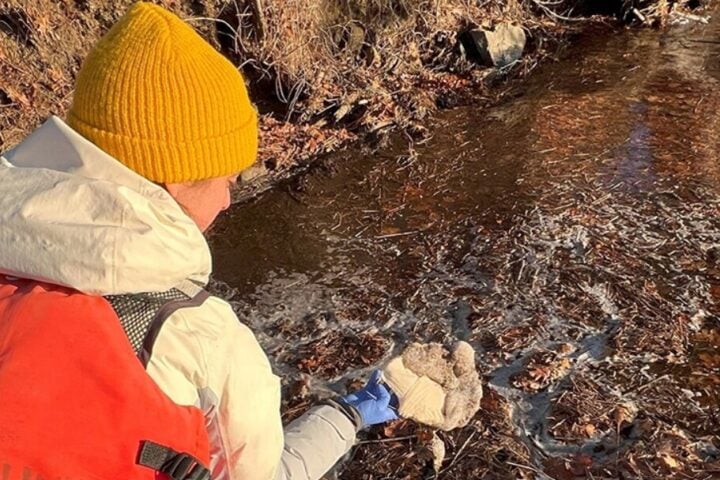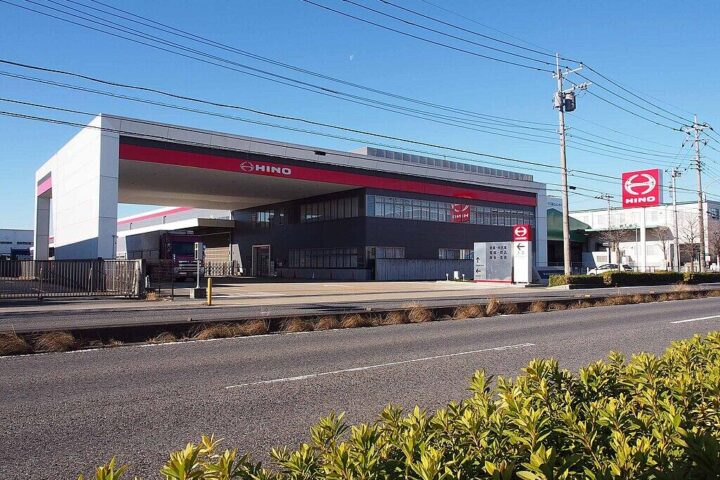Water is an essential part of our daily lives. The UN has one of the Sustainable Development Goals (SDG) to supply clean water to all by 2030. But there is a possibility of one-third of river sub-basins going dry by 2050 due to Nitrogen pollution. These are the findings of a study conducted by the scientists of Wageningen University of the Netherlands. About 10,000 river sub-basins were studied by this group of scientists, covering the whole world. According to this study, the number of basins having a shortage of water due to Nitrogen has gone up. It has also affected the quality of water.
The findings indicate that the river sub-basins in South China, Central Europe, North America, and Africa are likely to be the hot spots of the shortage of water. This study found that urbanization and agriculture are the causes of Nitrogen pollution. The findings were published in the research journal ‘Nature Communications’. The small basins or sub-basins of rivers are the main source of drinking water. They are also the centers of urbanization and financial enterprises. As a result, the drainage water pollutes these sources of water.
Nitrogen is an essential part of the growth of plants and animals. But its increased ratio causes harm to the local environment. It can also cause a shortage of clean drinking water. The scientists say that about one-fourth of these sub-basins, that is, 2,517 basins, had faced water shortage during 2010. Nitrogen was the main reason for around 88% of these basins. The study has warned that another 3,061 river sub-basins may face water shortage by 2050.
Similar Posts
One of the solutions is applying fertilizers in the proper amount, at the right time of year, and with the right method can significantly reduce the quantity reaching water bodies. Keeping animals and their waste out of streams keeps Nitrogen and phosphorus out of the water and protects stream banks. Here are four ways you can help mitigate the effects of nitrogen pollution: Use climate and nature-friendly growing methods at home. Avoid using synthetic fertilizers in your garden and farms. Support organic and agroecological farmers. We must support farmers to transition to a future with less Nitrogen. According to environmentalists, we have to increase afforestation.
In short, drying up the sources of water due to Nitrogen pollution can be avoided by reducing the increasing population of the world so that less water is needed. The SDG (Sustainable Development Goals) of clean drinking water for all may not be achieved by 2030.
